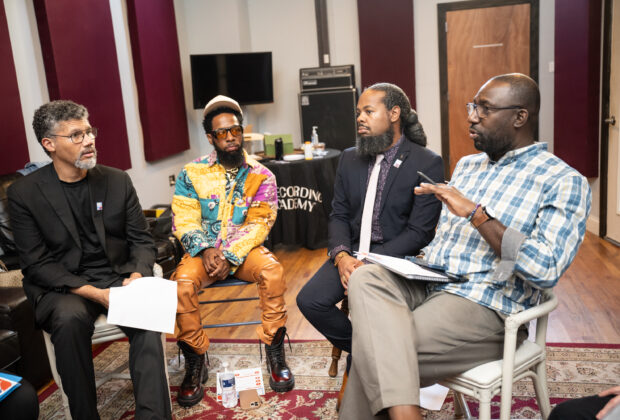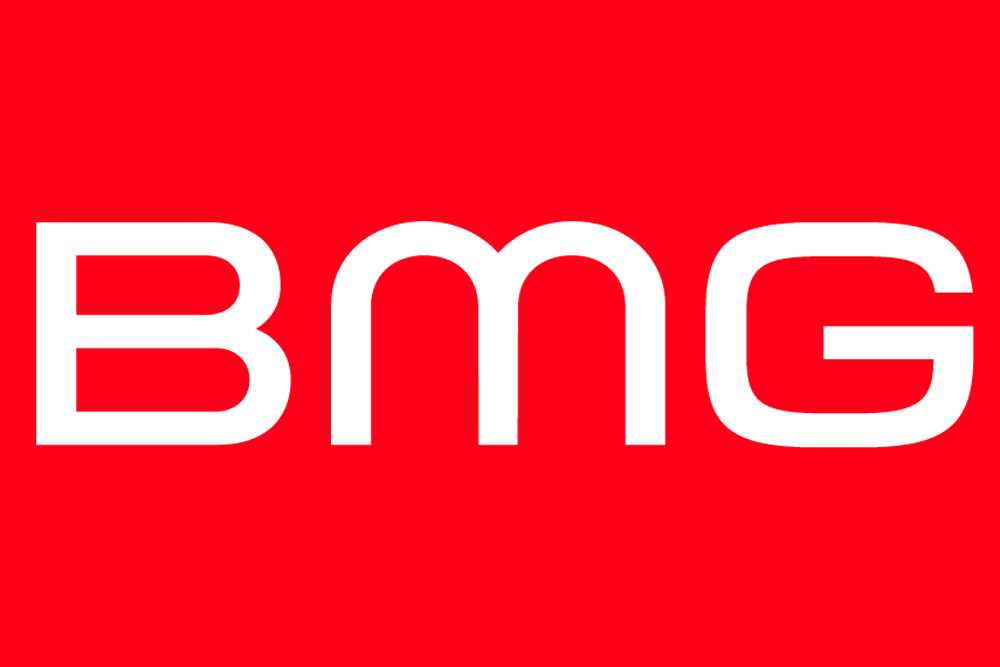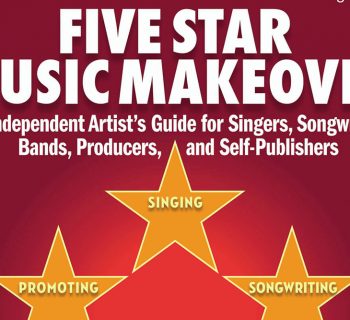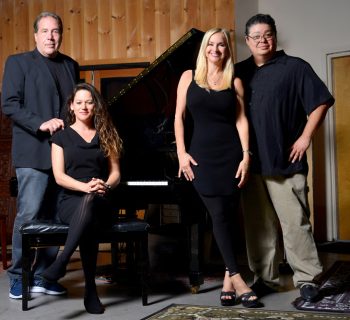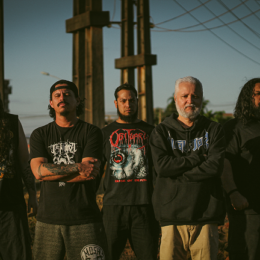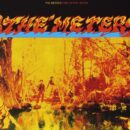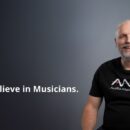Yesterday, the Recording Academy held its annual District Advocate initiative – music’s largest grassroots advocacy movement championing creators––when Recording Academy members met with their local Congressional offices and their fellow music creators to discuss the advocacy issues that are key to the music community. With uncertainty in Washington this fall, this year’s initiative saw a mix of virtual and in-person meetings with Members of Congress and congressional staffers, and Chapter Open Houses with Advocacy webinar viewings. Nearly 1,800 Academy members participated in 105 meetings and watch parties in 46 states and Washington, D.C., including New York, Los Angeles, Orlando, Philadelphia, and New Orleans, to speak with Members of Congress like Rep. Maxwell Frost and Rep. Jerry Nadler. Music creators met with their elected officials to discuss protecting human creativity, freedom of expression, and the live music experience.
Some social media highlights:
Key policy items:
- Artificial Intelligence – As AI technology rapidly evolves, the Academy is focused on protecting a human creator from the unlawful use of their identity, including their name, image, likeness, and voice.
- Live Event Ticketing Reform – Comprehensive ticketing reform is needed to restore integrity and fairness to the concert ticketing marketplace. Ticket reforms should protect artists and consumers, elevate creative economic development, and restore trust in the ticketing experience for fans and artists.
- The Restoring Artistic Protections (RAP) Act, which protects the First Amendment rights of artists nationwide by limiting the use of artists’ lyrics as evidence in criminal and civil proceedings.
- The Help Independent Tracks Succeed (HITS) Act, which amends the tax code so independent artists can fully deduct the cost of new recordings from their taxes.
- The American Music Fairness Act (AMFA), which establishes a performance right for sound recordings broadcast on AM/FM radio in the US to ensure that performers receive compensation for their work.
Social media highlights:
- Nationwide highlights from District Advocate meetings in Florida, Los Angeles, New Orleans, New York, and Philadelphia, including with Reps. Jerry Nadler (NY-12) and Maxwell Frost (FL-10)
- Video highlights from the Recording Academy Los Angeles Chapter's Open House and virtual District Advocate meeting
- Rep. Jerry Nadler (NY-12) and members of the Recording Academy following their meeting at the Academy's New York office
- Rep. Susan Wild (PA-7) meets with Recording Academy members at her district office

